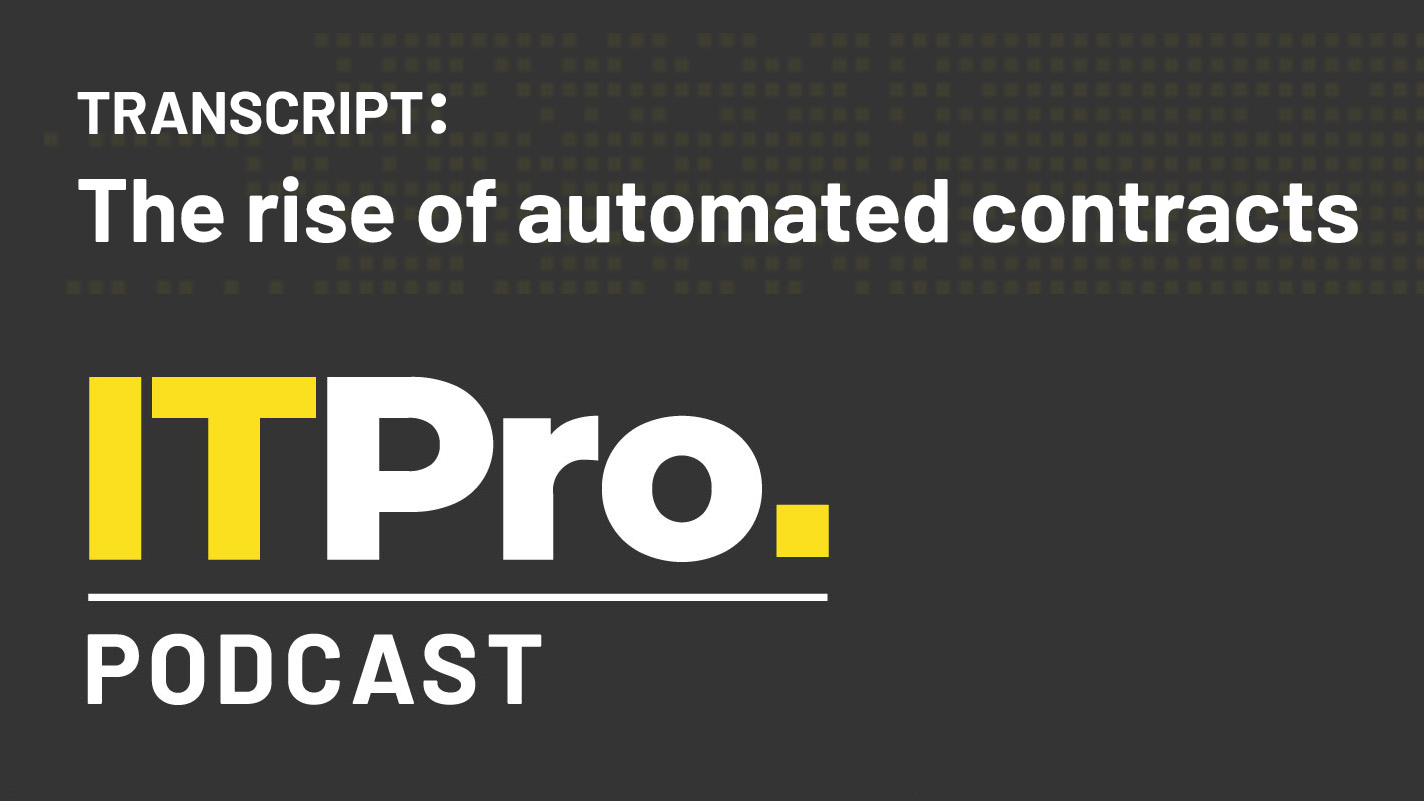Character recognising spam breaking CAPTCHA defences
Webmail and OCR based spam is on the increase, which traditional web filters are having difficulty detecting.

Spam sent from webmail accounts created using CAPTCHA breaking technology is on the increase, according to Marshal.
It said that there was more spam capable of beating the response test, which is used to ensure content is generated by a human manually typing letters and numbers rather than a computer. CAPTCHA (Completely Automated Public Turing Test to tell Computers & Humans Apart) was developed by Carnegie Mellon University in 2000 to stop spam robots.
However there are ways to get past this security such as Optical Character Recognition (OCR), which is mechanical or electronic translation of the electronic images. Sometimes it was possible to completely bypass the CAPTCHA.
"In email security we've developed pretty advanced OCR technology to deal with image based spam," said Bradley Anstis, vice president of products at Marshal. "I think some spammers are using tools we've created against the industry to help them break the CAPTCHA codes."
However, he did go on to say that the bigger problem was that many businesses and websites were not even bothering to implement CAPTCHA.
"Even though CAPTCHA technology is evolving and there are new ways of doing it its still up to the companies to deploy these on their websites," Anstis said. "That traditionally has been the hardest thing to do."
The report said that using webmail accounts for spam made IP reputation or message header inspection less effective. Spam would be generated from Gmail, Yahoo and Hotmail accounts, so they would look to come from legitimate sources.
Get the ITPro daily newsletter
Sign up today and you will receive a free copy of our Future Focus 2025 report - the leading guidance on AI, cybersecurity and other IT challenges as per 700+ senior executives
"This email is typically generated using a well-formatted composition type engine so the headers are really tidy and bodies are really neat," Anstis said.
"Traditional spam filters that look at the structure of an email message looking for addresses of bulk mailers are less effective. Webmail messages conform to all right the standards."
-
 CISA issues warning in wake of Oracle cloud credentials leak
CISA issues warning in wake of Oracle cloud credentials leakNews The security agency has published guidance for enterprises at risk
By Ross Kelly
-
 Reports: White House mulling DeepSeek ban amid investigation
Reports: White House mulling DeepSeek ban amid investigationNews Nvidia is caught up in US-China AI battle, but Huang still visits DeepSeek in Beijing
By Nicole Kobie
-
 Podcast transcript: The rise of automated contracts
Podcast transcript: The rise of automated contractsIT Pro Podcast Read the full transcript for this episode of the IT Pro Podcast
By IT Pro
-
 The IT Pro Podcast: The rise of automated contracts
The IT Pro Podcast: The rise of automated contractsIT Pro Podcast A hybrid approach to automation is needed for contract negotiation
By IT Pro
-
 ‘Spam King’ of Facebook faces up to three years in jail
‘Spam King’ of Facebook faces up to three years in jailNews Scammer guilty of 30 million dodgy Facebook posts
By Adam Shepherd
-
 Fujitsu ScanSnap SV600 review
Fujitsu ScanSnap SV600 reviewReviews A portable scanner which looks like a desktop lamp.
By Simon Handby
-
 Researchers see security improve
Researchers see security improveNews Firms are improving security performance but threats continue to grow, says IBM.
By Kellan Howell
-
 LG Scanner Mouse review
LG Scanner Mouse reviewReviews A mouse that's also a scanner: do they go together like a horse and carriage or is LG's latest gadget more like chalk and cheese? Kat Orphanides finds out.
By K.G. Orphanides
-
 Canon ImageFormula DR-C125 review
Canon ImageFormula DR-C125 reviewReviews Fast, high-quality sheet-fed desktop scanners don't have to be eye wateringly expensive as Simon Handby finds out with Canon's latest model.
By Simon Handby
-
 Spammers spewing on Google+
Spammers spewing on Google+News Google+ is unsurprisingly already getting the attention of spammers.
By Tom Brewster